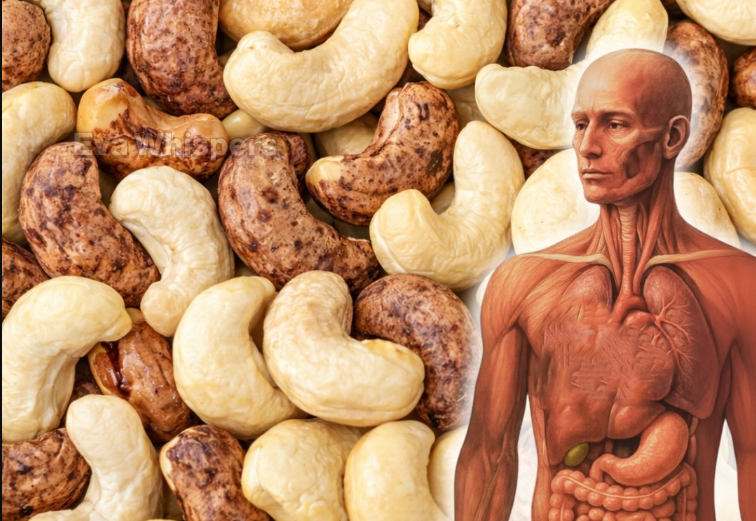It is not uncommon to hear family members reminisce about a loved one who has passed away. One particularly intriguing and surprising anecdote often shared is the person’s behavior before dying, such as saying goodbye, resolving troubled relationships, and even giving away cherished possessions. It seems they might sense something before anyone else does.
While some may dismiss this as coincidence, others firmly believe that people can sense when dᴇαth is near.
It is natural to try to understand the dᴇαth of someone we love or to imagine what happens in those final moments. Scientists know that when someone di+es, the body immediately begins to decompose.
Putrescine, for example, is a foul and toxic scent resulting from decomposition. Researchers have found that humans subconsciously recognize this decaying odor, which triggers an immediate response.
Animals can also detect this scent in others, prompting them to react accordingly.
This is akin to sensing danger, whether from a predator or a stronger animal in their group.
A study by Arnaud Wisman from the University of Kent’s School of Psychology in Canterbury, UK, and Ilan Shira from the Department of Behavioral Sciences at Arkansas Tech University in Russellville, AK, discovered that animals and humans might not be so different after all.
The ability to detect chemical scents is crucial for survival across species. The threat of dᴇαth is signaled through smell to humans.
Putrescine, a chemical compound released during body decay, also functions as a warning signal. People have both conscious and subconscious reactions when exposed to this scent.
Four different experiments using putrescine, ammonia, and water were conducted to study people’s reactions.
In one experiment, when putrescine was present at a site, people’s immediate response was to move away from the area.
This is similar to the fight-or-flight reaction.
When animals sense real danger, they have two responses: fight the threat or flee. The study revealed that people react similarly.
There are other scents to which humans respond, like sweat.
Separate studies have shown that sweat collected from people in fearful situations, when smelled by others, triggered an automatic, startled reflex.
“We do not know why we like (or dislike) someone’s smell, and we’re usually not aware of how scent influences our emotions, preferences, and attitudes,” Wisman and Shira explain.
“It is hard to think of a scent as frightening,” say the two leading researchers. These scents make people more aware and vigilant of their surroundings.
Humans’ natural reaction to danger is not to confront it directly.
People tend to avoid confrontation, whether verbal or physical, preferring to distance themselves until fighting is the only remaining option.
Although different in their effects, putrescine and se+x pheromones both influence behavior through scent.
Se+x pheromones are chemicals released to attract a mate, while putrescine serves as a warning signal. “Putrescine signals a different type of message than pheromones, but people’s responses to putrescine (avoidance and hostility) do seem indeed to be the opposite of responses to many se+xual pheromones,” the researchers explain.
During the study, people were unaware of their negative reaction to the scent.
“People are not familiar with putrescine and do not consciously associate it with dᴇαth or fear,” Wisman and Shira admit.






